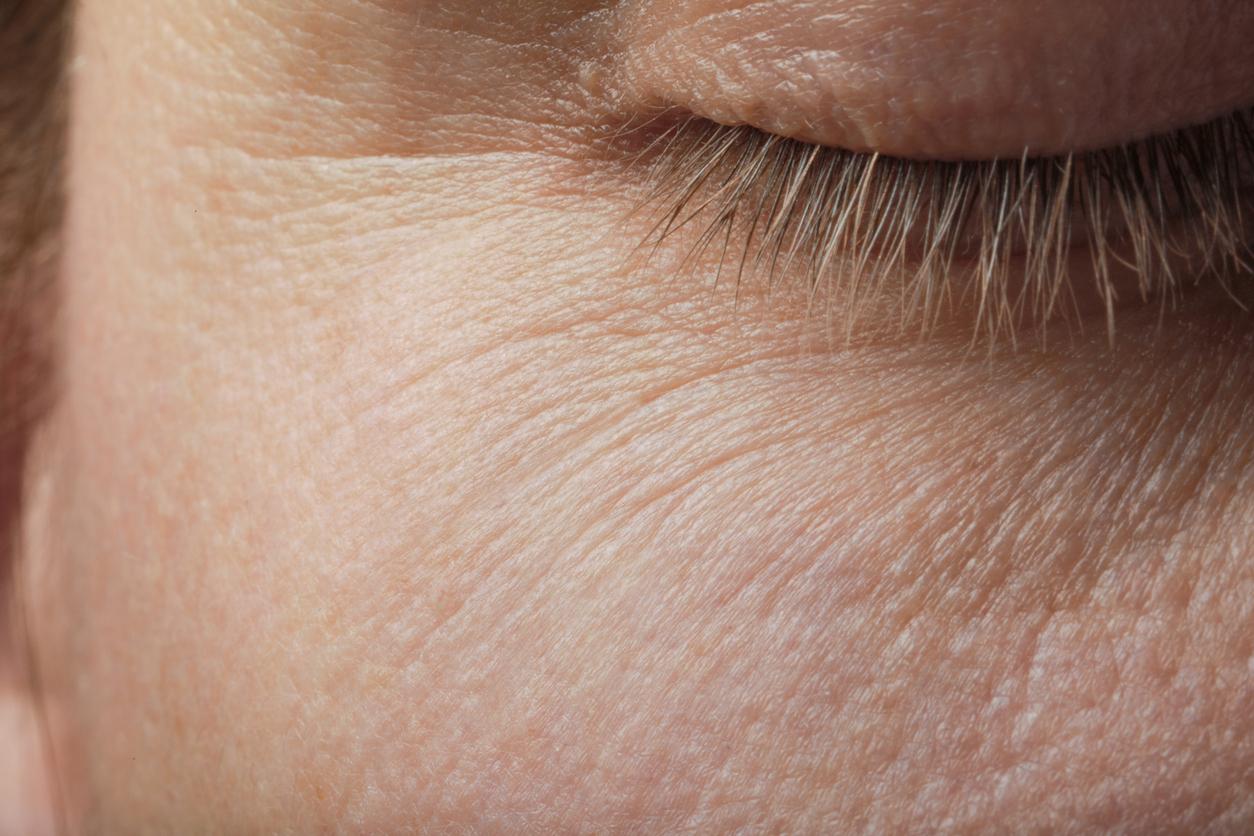
What does your body odor say about your health?
Everyone smells once in a while. Maybe you have garlic breath from that dinner party yesterday or you just came back from the gym and smelled a little sweaty. In general, that body odor is easy to remedy. A good cleaning, or a nice shower and you smell lime fresh again. But that doesn’t help against every air. Six body odors that you absolutely should not ignore.
1. Your feet smell like cheese
Do your feet smell like cheese? There is a good chance that you have tinea pedis, or athlete’s foot, (also called swimmer’s eczema). Athlete’s foot is mainly found on the warm, moist skin between the toes. It is very common, at least 10 percent of the population suffers from it. As many as 20 percent of adult men seem to have it. The place where the fungus starts is moist and white in color. A gap or loose sheets may form. And your feet smell unpleasant.
You need to treat swimmer’s eczema. If you don’t, the fungus can spread all over your foot. Red flaky spots often develop on the edge of the foot or on the sole of the foot. Sometimes with blisters and pimples. The calluses of your foot can also thicken and cracks can form. Athlete’s foot can be treated with an antifungal cream, ointment or powder. Many of these products are available without a prescription at pharmacies or drug stores. If these do not help enough, the doctor can prescribe you medication.
2. Your breath and skin smell like acetone
Skin and breath that smell like acetone is a sign that blood sugar is extremely high. The body can no longer remove sugars from the blood and therefore gets a shortage of energy. Alternatively, the body will burn fats. This releases waste products that smell like acetone. Then there is ketoacidosis. This may indicate diabetes. That is why it is always wise to go to the doctor with an acetone breath, especially if you also have one of the other symptoms below.
Symptoms of ketoacidosis
- You are thirsty and have to pee a lot.
- You have a headache and are tired or sleepy.
- You have a dry tongue and skin.
- You have abdominal pain and muscle pain.
- You are nauseous and/or have to vomit.
- You have rapid breathing and sweet smelling breath (acetone smell).
- Your body dries out (due to a lot of urination and vomiting).
- You have dilated pupils and blurred vision.
- Children can suddenly start wetting the bed, suffer from abdominal pain or become tearful.
Incidentally, such an acetone smell does not always mean diabetes. Even a sick child or a child who is about to get sick often has a sweet, nail polish remover smelling breath. This can be caused by an infection with a bacteria or virus, but more often this means that such a child does not eat and drink enough. Dehydration can cause the strong-smelling odor.
People who are on a low-carb diet also have acetone breath regularly. This is caused by ketosis. The body needs carbohydrates to break down fat. Because there are too few carbohydrates in such a diet for fat burning, ketones are released from fat molecules. This process causes an acetone smell in your breath and urine. Finally, dehydration can also cause this smell in adults. So drink at least 2 liters every day.
3. Your Vaginal Discharge Smells Like Rotten Fish
This is a well-known phenomenon in bacterial vaginosis. Certain bacteria predominate in the vaginal flora, causing a thin, grayish-white discharge with the smell of rotten fish. This smell can worsen after sex. In severe cases, the discharge can also be a bit cloudy yellow or orange, with gas bubbles. Other symptoms of bacterial vaginosis include vaginal itching, redness and swelling of the vagina, and sometimes vaginal flatulence.
Bacterial vaginosis is the most common cause of excessive vaginal discharge, affecting one in three women of reproductive age. Also, bacterial vaginosis is relatively common in pregnant women. Bacterial vaginosis is basically harmless, but it is annoying. Treatment is therefore only necessary if you have complaints. Special gel to treat BV is available at drugstores or pharmacies without a prescription. If your symptoms persist after this treatment, please contact your doctor.
4. You have smelly stools
Poop doesn’t really stink. The smell of your stool is therefore a good indication of whether your digestion is going well. For example, the smell of rotten eggs can mean something is wrong with protein metabolism. In addition, certain medicines and nutritional supplements can cause gastrointestinal problems and therefore smelly poop. Furthermore, strongly odorous stools occur after a course of antibiotics, where it persists until normal intestinal flora is restored. Other causes of foul-smelling stools are chronic inflammation of the pancreas, cystic fibrosis and short bowel syndrome. Some cancers also cause foul-smelling stools.
Foul-smelling stools also occur in lactose intolerance. When lactose from food is not digested, it ends up unchanged in the large intestine and attracts moisture there. This can make the stool thinner. In addition, the lactose in the large intestine can be broken down by intestinal bacteria. This creates certain fatty acids and gases. This causes bloating, flatulence, intestinal cramps and rumblings in the abdomen. The stool is often thin, acidic, foamy and sometimes somewhat greenish in color.
Do you suffer from strong-smelling stools? Then keep a close eye on your digestion for a few days. If the foul-smelling stools persist, make an appointment with your doctor just to be sure.
5. Your breath smells like rotten eggs
Bad breath (halitosis) can of course be the result of poor dental care, but bad breath can also have other causes. For example, xerostomia (extremely dry mouth) is almost always accompanied by bad breath. Bad breath is also often a symptom of diabetes, pneumonia, liver and kidney problems. If you know that you have one of these conditions and your own breath is bothering you – or is it really bothering your environment, ask your dentist for advice.
Have you been tired for a long time, do you snore in your sleep and do you have a breath that smells like rotten eggs? Then the GP is the right person for advice or better: a referral to a sleep center. These are all symptoms of sleep apnea. Sleep apnea leads to extreme snoring, where you breathe through your mouth. That mouth becomes dry and provides the perfect breeding ground for bacteria. This releases a sulfur gas that smells like rotten eggs.
6. Your urine stinks
Tired of smelly urine? A urinary tract infection or bladder infection causes a pungent, almost chemical odor. The urine is often cloudy or red. A sweet, fruity urine smell indicates an excess of glucose. This is often described as ‘apple smell’. This smell can indicate diabetes, as can the aforementioned acetone smell. A fishy smell often indicates trichomoniasis. This is an STD caused by the parasite Trichomonas vaginalis. You can contract it through unprotected sex, but also by sharing towels or washcloths, for example. Other symptoms include intense itching and foamy greenish-yellow urine.
If your urine suddenly changes in smell or color, it is always wise to have this checked by your doctor. This is of course not necessary if the changed smell is caused by certain foods (think of the well-known sulfur-like smell after eating asparagus). A number of herbs, nutritional supplements and medicines can also affect urine odor. In the case of medicines, this is usually stated in the package leaflet.
Sources):

















